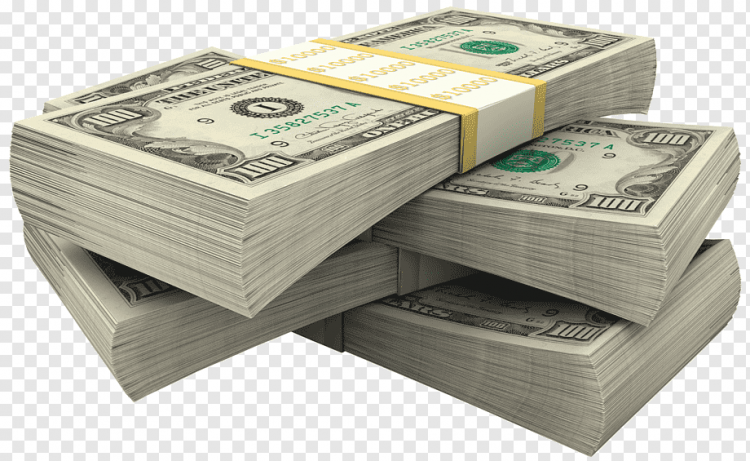The external reserves are expected to close this year between $29.9 billion and $34.3 billion, a report by the Central Bank of Nigeria (CBN) has shown. The apex bank said that said that the degree of external reserves accumulation will drop as outflows are expected to outweigh inflows in the remaining part of this year.
In the Monetary, Credit, Foreign Trade and Exchange Guidelines for Fiscal Years 2020/2021, released at the weekend, the apex bank said that external reserves are expected to lie between $29.9 billion and $34.3 billion at end-December 2020 and is predicated on current declining oil price between $20 and $40.
In the report, it said that sequel to the COVID-19 pandemic, the viability of the external sector in 2020 is expected to deteriorate, given the present worsening current account balance and depletion of external reserves driven, largely, by decelerating export receipts, particularly oil.
READ MORE: Buhari Congratulates Adeduntan On Forbes Award
Specifically, it said this development, in addition to exchange market pressures, emanating from speculative activities in the Bureau De Change and Investors and Exporters segments of foreign exchange market, is expected to exert pressure on the naira exchange rate. “In addition, increased risk aversion behaviour by investors may negatively impact on capital inflow, as they flee to safe-haven assets,” it said.
The apex bank said the outlook for the economy is mildly optimistic, as its growth trajectory is expected to slow-down in 2020 on account of the tepid global demand, resulting from the COVID-19 pandemic, depressed global aggregate demand and supply, and the oil price war which has resulted in supply glut and decline in crude oil prices.
In this regard, output growth is expected to lie between -3.1, -1.0 and 0.24 per cent in 2020, predicated on low oil price between US$10 per barrel, $20 per barrel and $30 per barrel. To ameliorate the impact of slow economic activities arising from the COVID- 19 pandemic, fiscal and monetary policy responses were put in place to neutralize the adverse effects on growth-inducing sectors of the economy. On the real sector, the measures include the credit interventions in the health sector (N100 billion), Micro, Small and Medium Enterprises (MSMEs) (N50 billion) and manufacturing sector (N1 trillion).
These initiatives, it said are expected to encourage and expand domestic production, improve productivity as well as generate employment opportunities. Additionally, growth in consumer credit by banks, propelled by the CBN policy to raise the Loan-to-Deposit Ratio from 60 per cent to 65.0 per cent and Global Standing Instruction (GSI) clause, would improve credit delivery to households and MSMEs as well as moderate unemployment and sustain the growth trajectory.
“Although these measures are commendable, there are headwinds that may undermine these expectations. These include: increased Federal Government deficits, which may narrow fiscal space and crowd-out private investment; underutilization in the labour market due to weakened aggregate demand; and a build-up in inflationary pressures resulting from the increase in Value Added Tax (VAT) and border protection,” .
“Specifically, headline inflation is expected to hover around 13.97 and 14.15 per cent at end-December 2020, owing to: supply shocks which may likely happen due to decline in economic activities, globally as a result of COVID-19 pandemic that started in China in fourth quarter of 2019; demand shocks emanating from domestic and international lockdowns; food supply shocks associated with non-tariff border protection; and effect of the implementation of the new budget and minimum wage”.



